

Most creatives aspire to earn a living through their craft—as a 9-5, a side-hustle, or a full-time artist for hire. The gig economy has changed what it looks like to get paid for creative work, but it has also made the dream attainable for more of us than ever. If you’re a creative in 2019, chances are good that you will at some point wade into the waters of the side-hustle, monetizing a skill you’ve long practiced as a hobby. What no one tells you (or at least, no one warned me) is that getting paid for a creative skill can complicate your relationship with it as a creative outlet.
My parents recently moved into a new (smaller) house and are in the process of downsizing 30 years of accumulated possessions, sorting the meaningful from the expendable. I haven’t lived at home in years, but they still unearthed two remaining boxes with my name scrawled in Sharpie on the side. One contains memorabilia from my journey through the education system: yearbooks, planners, graded papers. The second is a time capsule of my history as a writer.
This box holds notebooks, hardbound journals, and loose sheets of paper covered in my typed and scribbled words. There are writing assignments dating back to kindergarten, countless half-finished diaries with pages wrinkled by the energetic press of pen to paper, melodramatic short stories and poems from my teens, and even a binder containing my first and only real attempt at NANOWRIMO (National Novel Writing Month).
As a lifelong writer, this box is a treasure chest. Sure, my diaries circa 2003-2010 are cringe-inducing. And yes, leaving these painfully earnest accounts of my pre-teen preoccupations to languish in my parents’ basement where they could read them at any time requires a level of trust I could only bestow on my parents. But I know that in 10, 20, 30 years I will be so grateful to have such well-preserved evidence of my growth as a writer (even if I can’t bear to read most of it).
Why am I telling you this? Because beyond cringing and reminiscing, I felt something else as I dug through those old notebooks: mourning. Because more than anything, the box embodies how free and unencumbered my creative impulse used to be, how prolific I was when I wrote just for the sake of it, just for myself.
Beyond cringing and reminiscing, I felt something else as I dug through those old notebooks: mourning. Because more than anything, the box embodies how free and unencumbered my creative impulse used to be, how prolific I was when I wrote just for the sake of it, just for myself.
It hasn’t been like that for a while now.
It started as a best-case scenario: I got a full-time copywriting job and started freelancing on the side—getting paid to write! The dream! But it morphed into a less ideal scenario. I quickly learned that it’s very hard to pursue your own creative practice at night when you pour your energy into for-hire projects all day (and all weekend) long. I learned that the more time you spend channeling someone else’s voice, the harder it is to know what you yourself have to say.
Man Repeller published a piece back in February called The Modern Trap of Turning Hobbies Into Hustles that struck a chord with me. In it, Molly Conway writes:
“We live in the era of the hustle. Of following our dreams until the end, and then pushing ourselves more. And every time we feel beholden to capitalize on the rare places where our skills and our joy intersect, we underline the idea that financial gain is the ultimate pursuit. If we’re good at it, we should sell it. If we’re good at it and we love it, we should definitely sell it.”
Receiving your first paycheck for doing something you love feels amazing—validating, gratifying, empowering. It feels so great that it can shift your internal compass. Your motivation to create becomes less intrinsic (originating within) and more extrinsic, influenced by outside incentives. Let’s just say extrinsic motivation isn’t the best nourishment for passion.
In the years I’ve been writing professionally, my non-paid creative output has plummeted. As in, I pretty much only write for hire now. How sad is that? I write at length about plumbing, senior living, and height-adjustable desks, but nothing that reflects my own thoughts or ideas. I just don’t have the stamina to burn the creative candle at both ends. (Do any of us?)
I love a paycheck as much as the next girl, but I hate feeling like I’m earning them at the expense of my own creative expression. I keep returning to this question:
Is it possible to turn a hobby into a hustle without watching your passion wither away?
Monetizing what you love can start to chip away at what you love about it. If you push too hard, you may find yourself standing on the scorched earth of your creative drive, wondering what happened to the free-flowing well of creativity you once relied on.
So what do you do? Quit the hustle? Get a day job that doesn’t require creativity in order to conserve that precious, limited resource for yourself?
It’s not always that straightforward. What if your creative strengths are your most marketable skills? What if you need that extra cash flow to cover student loans/rent/childcare/life? What if you simply sleep better at night knowing you have a safety net outside your 9-5?
I’m writing to you from the frontlines, still actively working to wriggle my way out of this particular catch-22. But from one creative to another, these are some of the strategies I’m trying:
Reclaim your craft for yourself.
Many of us fortunate enough to be paid at all for our creative skills do so on behalf of others, rather than under our own name. The catch is that over time, employing your creativity in service of someone else can alienate you from your creations.
Look for ways to reclaim ownership of your creative output, whether paid or not. Seek opportunities to publish work under your own name. Build low-stakes creative habits, like morning pages. Start an Instagram account to showcase your work to friends and family. Being creative for yourself will help you rediscover your voice, which can so easily get lost or go dormant when you co-opt it for others.
If you’re wondering, this is me taking my own advice. So far, it feels really good.
Broaden your skill set.
If you’re trading on your hobby because it’s your most marketable skill (hi!), expand your skill set into related areas. As a writer, I’ve been reading up on content strategy, SEO, and analytics. Having secondary areas of expertise can make your primary skill even more valuable. It will also relieve some pressure off it having to be your singular source of employment, income, and creative release. Diversify, my friends. It’s always good advice.
Learn something brand new.
When you’re plugged into the #hustle mindset, it’s easy to view your time and energy in terms of financial gain. If a certain activity won’t demonstrably boost your productivity or increase your income, what’s the point?
To quote Molly Conway’s article again, “Would the world really fall apart if, when I came home from a long day of work, instead of trying to figure out what I could conquer, I sat down and, I don’t know, tried my hand at watercolors? What if I sucked? What if it didn’t matter? What if that’s not the point?”
What if I sucked? What if it didn’t matter? What if that’s not the point?
Not only is doing something new like a much-needed reboot for a brain on autopilot, doing something you’re not (yet) good at that stands no chance of generating monetary value will help you divorce the idea of creative venture from financial venture. It will remind you that there is joy in simply doing, that a hobby can sometimes just be a hobby.
Give your brain a break.
Attaching creative output to financial input is one path that leads to burnout. Another is that your brain, like any other muscle in your body, will eventually give up when you exercise it to the point of exhaustion. It’s counterintuitive in our productivity-obsessed society, but often the best way to stimulate creativity is by not asking your brain to do anything at all.
Your brain, like any other muscle in your body, will eventually give up when you exercise it to the point of exhaustion. It’s counterintuitive in our productivity-obsessed society, but often the best way to stimulate creativity is by not asking your brain to do anything at all.
Cook a meal by yourself, listening only to the sizzle of oil and the gurgle of water boiling. Take an aimless drive with a favorite playlist—or no music at all. Do a workout so physically consuming it’s impossible to sustain a single train of thought. Basically: give your mind a chance to check out.
Your brain is a contrarian. When you stop pushing it to be engaged every second of the day, it will start working in overdrive behind the scenes. I’m always amazed by what floats to the surface after I give my mind some time to itself.
Return to your “why.”
If all else fails and the pilot light of your creative self is flickering out, recall why you signed up to do a given project in the first place. It may not rekindle the passion, but it will keep you going. On bad days, that counts for a lot.
I clearly have complicated feelings about making my hobby my hustle. If you’re out there creating, hustling, and getting paid, how do you balance nursing your passion with earning a living? Please share your secrets!


Molly is a writer, reader, and personal finance enthusiast living in Saint Paul with her two feline dependents and several overflowing bookshelves. She can usually be found with her nose in a book and her head in the clouds.
BY Molly Geipel - August 8, 2019
Most-read posts:
Did you know W&D now has a resource library of Printable Art, Templates, Freebies, and more?
take me there
Get Our Best W&D Resources
for designing a life well-lived




Thank you for being here. For being open to enjoying life’s simple pleasures and looking inward to understand yourself, your neighbors, and your fellow humans! I’m looking forward to chatting with you.
Hi, I'm Kate. Welcome to my happy place.





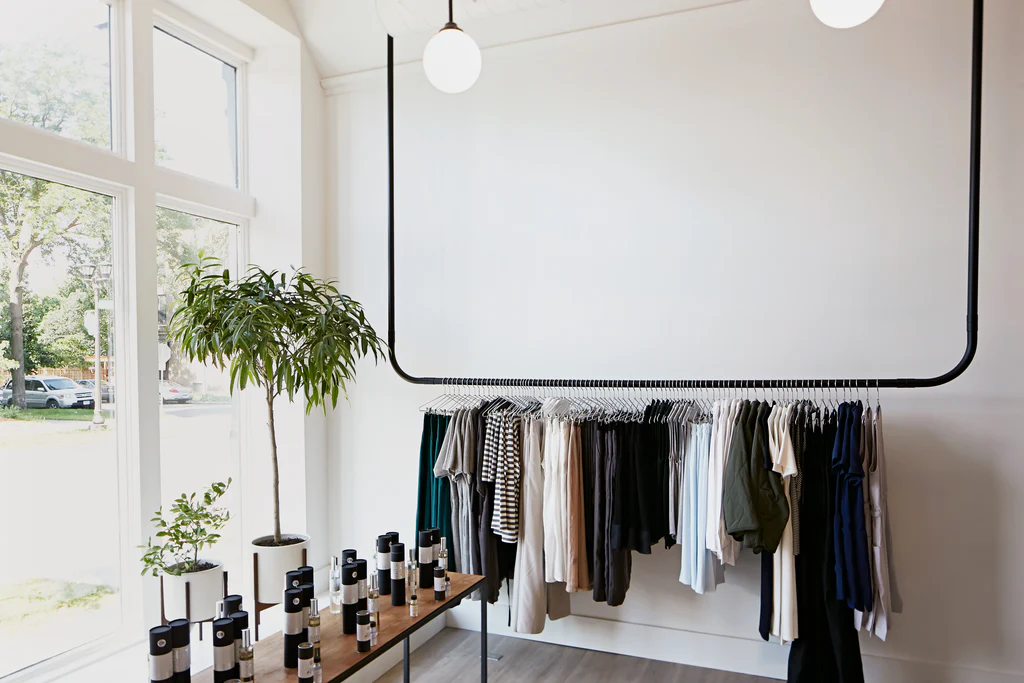
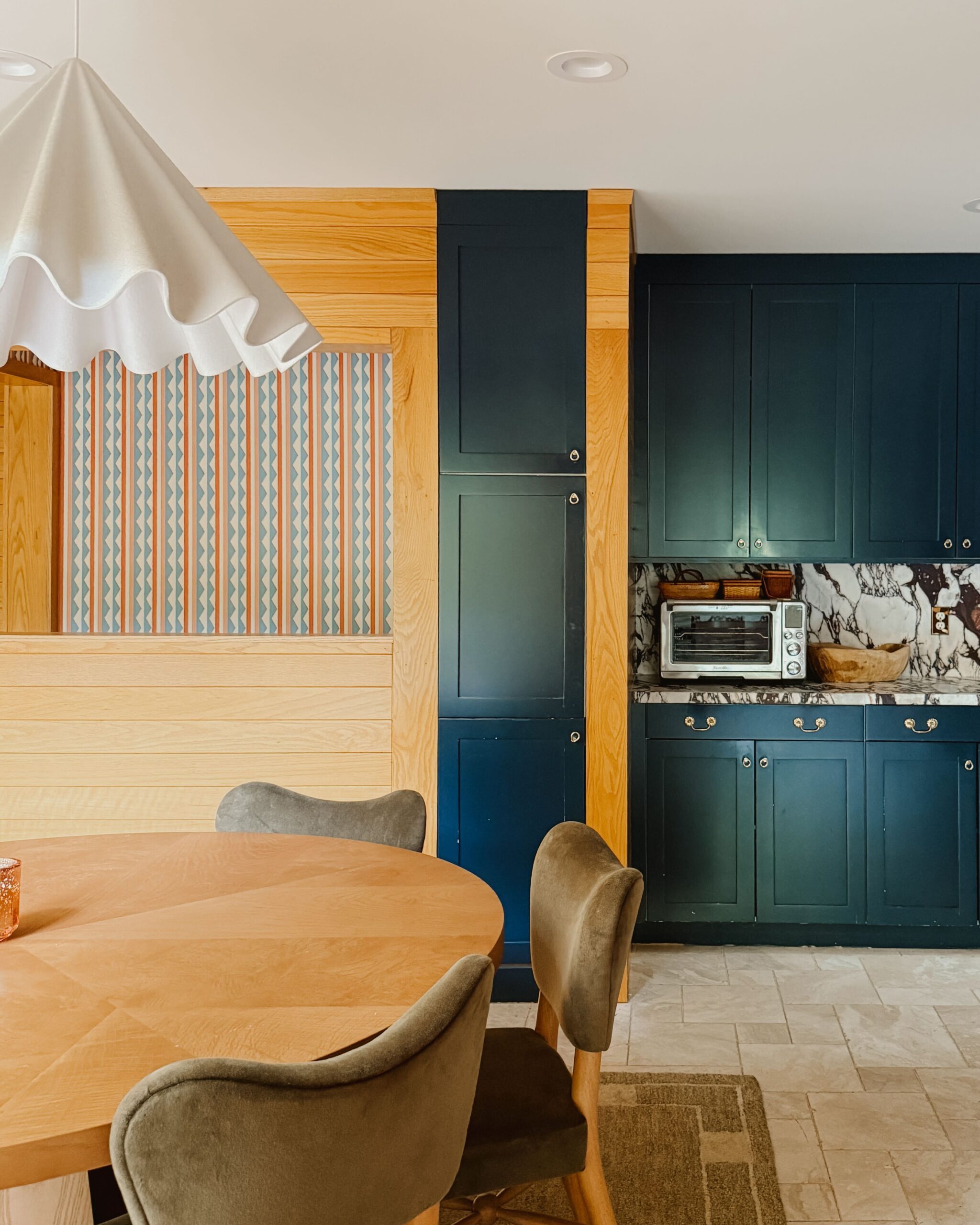

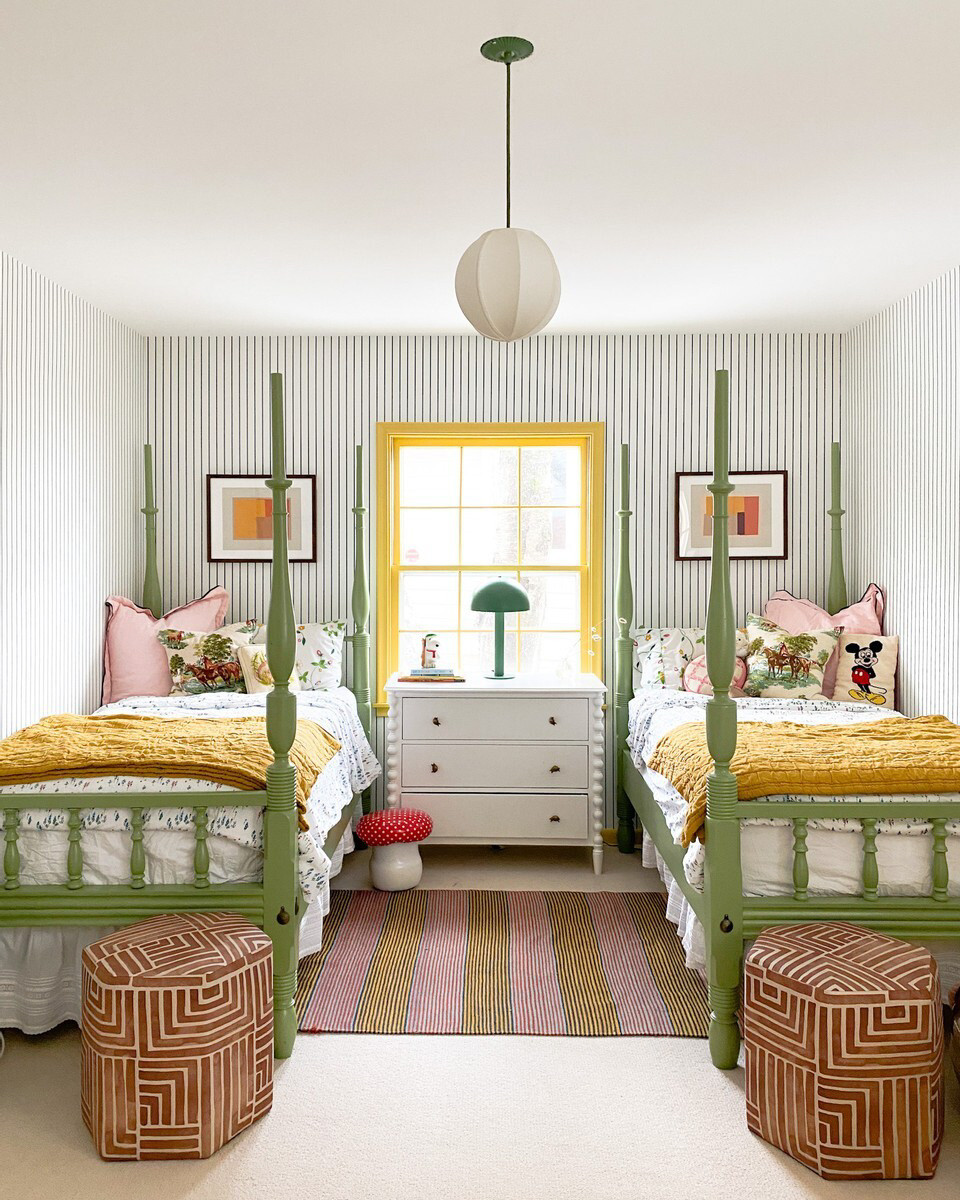
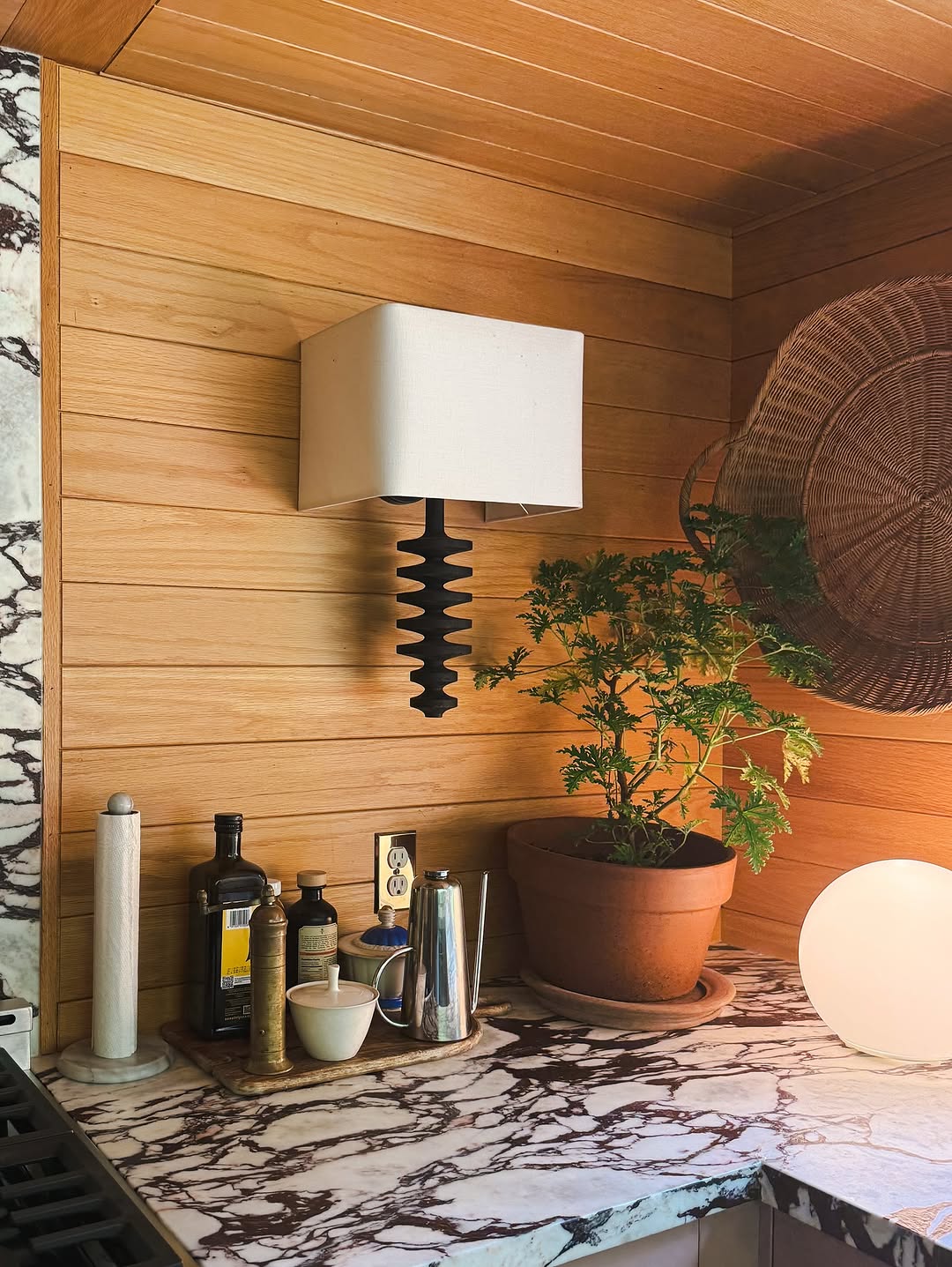

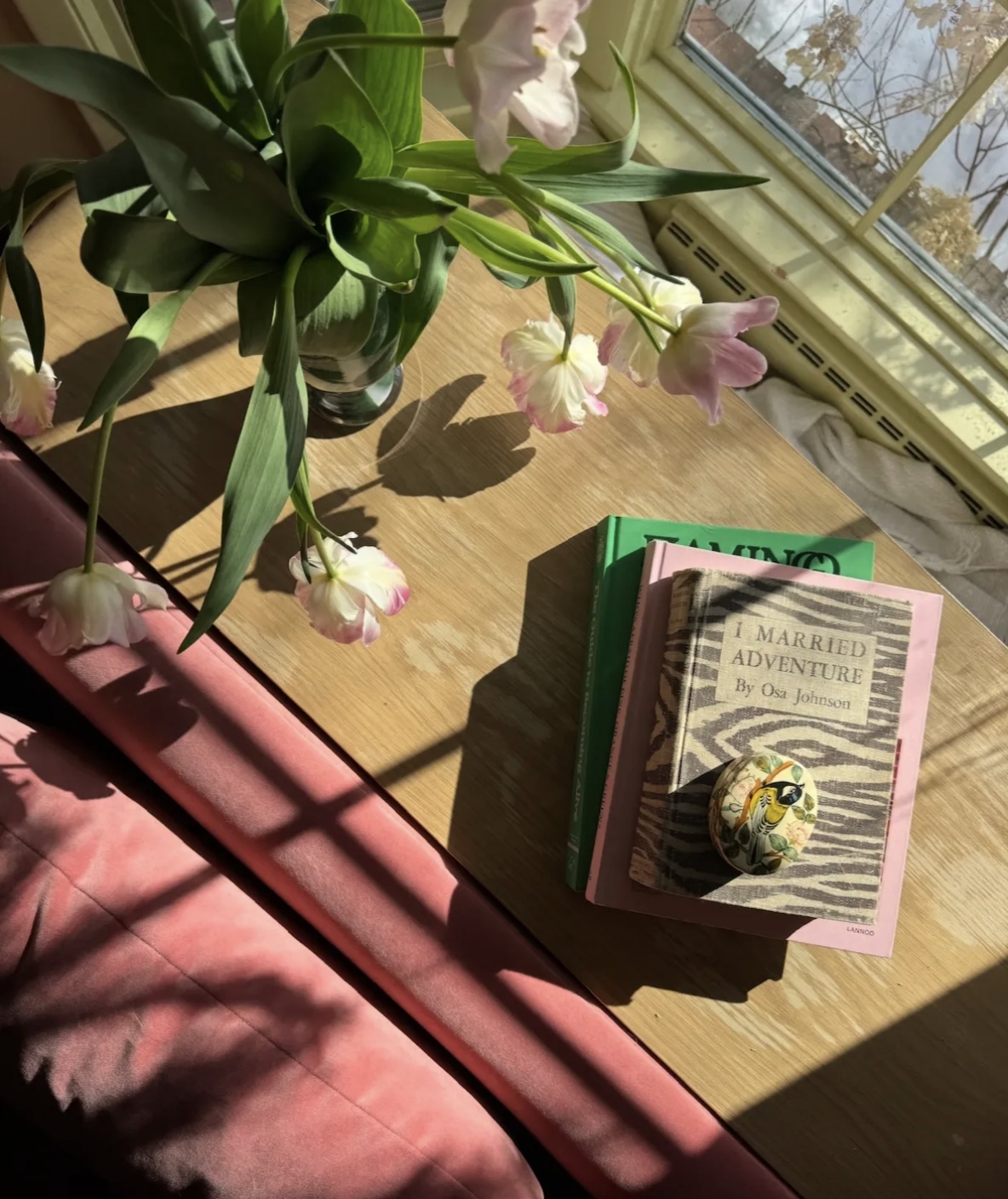
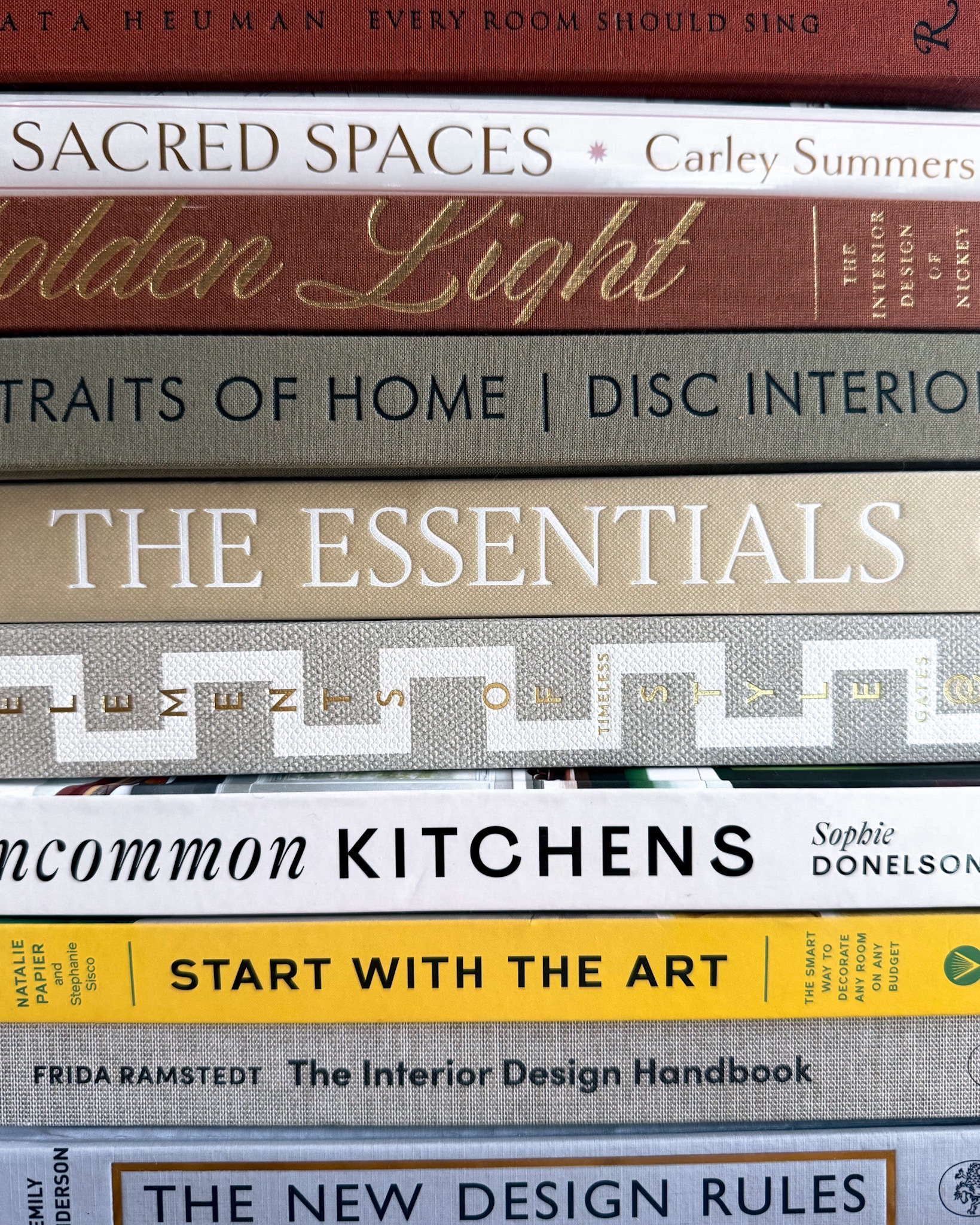
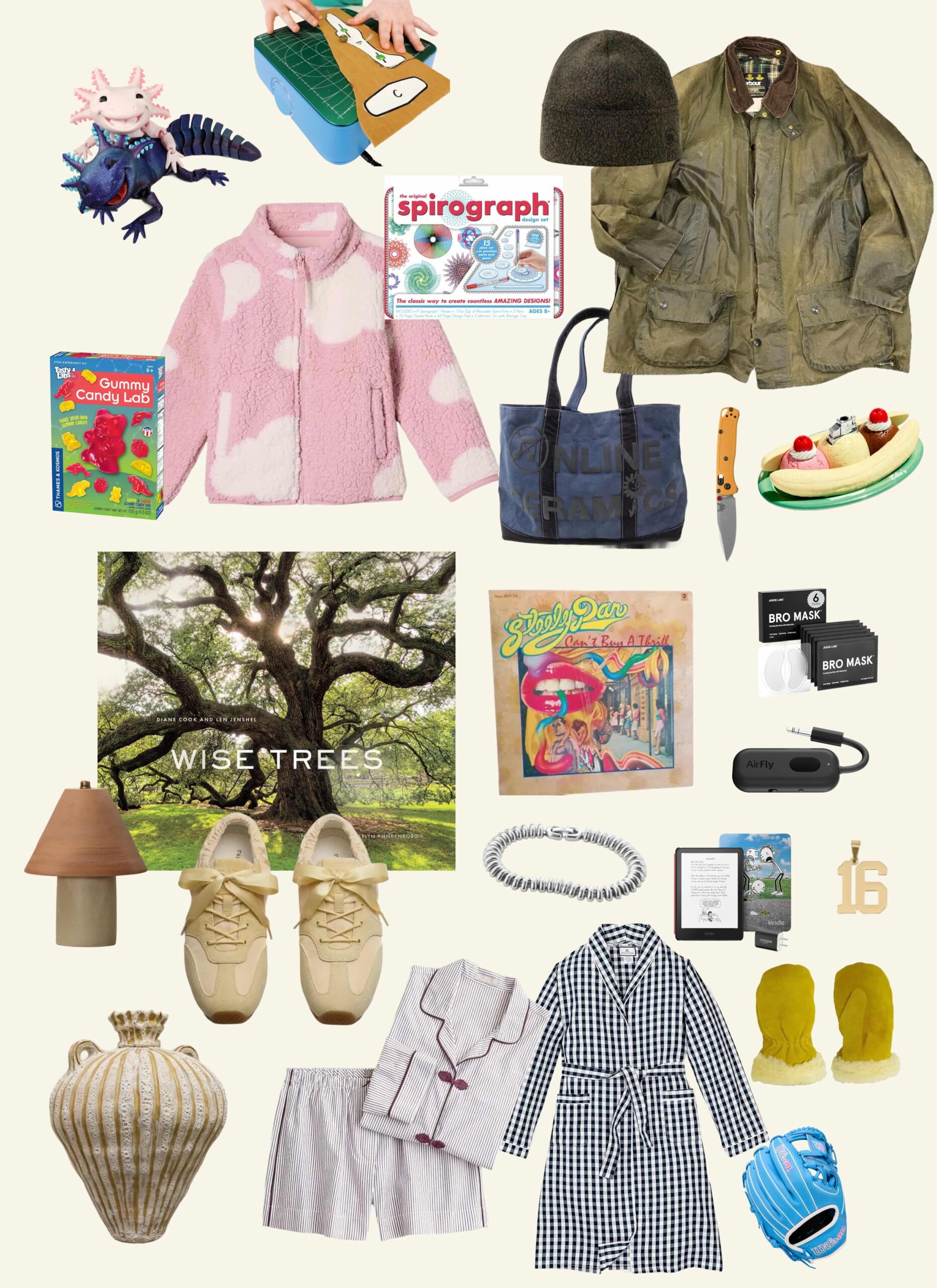




Wow what an excellent take! Much of this seems applicable outside the world of writing too – any job that requires creative problem solving can look to this advice as an analogy for understanding burnout and the importance of working on self-directed projects.
I made my hobby my job ten years ago. A few years ago I struggled a lot with this decision but I changed my product a bit to tackle my fear. I gave theater courses and workshops for grown ups who want to be part of a theatre group as their hobby. I directed and organized but it was really hard putting all my creative energy into these groups. There came a point when I lost one of two groups because of mistakes I made. It just didn’t work out with them. It was a big crisis for me because… Read more »
Hello you over there! It’s only me writing and erasing and repeting it all over again and again and now lm at the point of giving myself areal fat slap in my face. But your really the troubble maker here becaus if l did’nt read what l did five hours ago and from that time l have done nothing more than to send you this mail telling me how it can be that you know me. And how come l never ever once have been reading a single line ot even a word of a dilemma l have nothing left… Read more »